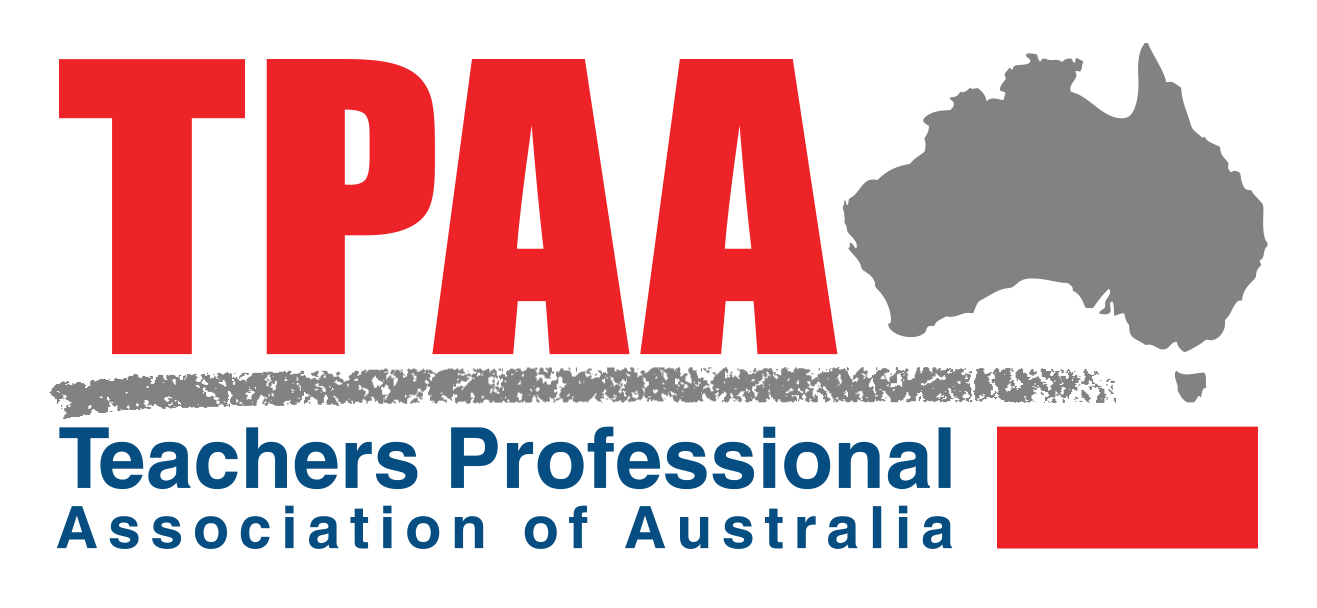Called To A Workplace Meeting? Know Your Rights and Be Prepared
In education, workplace meetings are an essential part of professional life. While many of these gatherings foster collaboration and progress, there are instances when being called to a meeting can feel daunting. Whether you're a seasoned educator or new to the profession, understanding your rights and preparing effectively for workplace meetings is crucial for navigating your career successfully.
The Spectrum of Workplace Meetings
Workplace environments in educational institutions can range from simple to complex, often influenced by interpersonal relationships and work effectiveness. When these elements are positive and productive, meetings typically reflect this harmony. However, when workplace dynamics falter, you may find yourself summoned to a meeting that feels more challenging.
Common Reasons for Formal Meetings
- Breakdown of Working Relationships: Conflicts between colleagues or with administration can lead to formal discussions.
- Workplace Injury or Well-being Concerns: Issues related to physical or mental health in the workplace may necessitate meetings.
- Bullying and Harassment Allegations: Any reports of misconduct must be addressed promptly and formally.
- Policy Procedure Violations: Deviations from established protocols often require official review.
- Potential Code of Conduct Breaches: Actions that may contravene professional standards, such as AITSL (Australian Institute for Teaching and School Leadership) guidelines.
- Legal Concerns: Any activities that might violate local, state, or federal laws must be addressed immediately.
Types of Workplace Meetings
The nature of these meetings can vary widely, including:
- Informal Well-being Check-ins: Casual conversations to ensure employee satisfaction and address minor concerns.
- Fact-finding Discussions: Informal investigations to gather information about a specific issue.
- Formal Investigations: Structured inquiries based on official complaints or serious concerns.
- Mediation Sessions: Facilitated discussions to resolve conflicts between parties.
- Performance Management Reviews: Evaluations of job performance and goal-setting for improvement.
- Disciplinary Hearings: Formal proceedings to address serious misconduct or repeated policy violations.
Understanding Your Rights in Workplace Meetings
When called to attend a meeting, particularly one that seems potentially confrontational, it's essential to understand your rights. These can vary based on your location, employment status, and the nature of the meeting. However, certain fundamental rights apply in most situations:
1. Contractual Rights
Your employment contract and relevant state or territory laws and education department policies outline your basic rights. Before attending any meeting:
- Thoroughly review your contract terms
- Familiarise yourself with departmental policies
- Identify the specific Award or Enterprise Agreement governing your employment
Understanding these documents helps you navigate meetings with confidence and ensures you're aware of your entitlements and obligations.
2. Right to Information
You have the right to be informed about the meeting's purpose and to receive adequate notice. This includes:
- Receiving reasonable notice about the meeting date and time
- Being informed of the meeting's purpose and agenda
- Having sufficient time to prepare, especially for serious matters
If called to a meeting without prior notice, you're entitled to ask for the agenda and request a more suitable time within a reasonable timeframe.
3. Representation Rights
In many cases, particularly for disciplinary meetings, you have the right to bring a support person. This could be:
- A colleague
- A union representative
- A trusted advisor
It's important to note that employers are not obligated to remind you of this right. You may need to proactively request or notify them that you'll be bringing a support person.
4. Fair Treatment
All workplace meetings should adhere to principles of fairness and impartiality. This includes:
- Conducting the meeting in an unbiased manner
- Following procedural fairness principles
- Protection against discriminatory treatment
- Accommodations for disabilities or special needs
A support person, such as a TPAA representative, can help ensure these principles are upheld during the meeting.
5. Right to Respond
You should always have the opportunity to present your perspective or respond to any allegations. Remember:
- You don't need to respond immediately
- Take time to consider your response carefully
- Seek clarity on any unclear points before responding
- For written allegations, you may be entitled to provide a written response
6. Confidentiality
The contents of workplace meetings, especially those dealing with sensitive matters, should be kept confidential by all parties involved. This includes:
- Discussions during the meeting
- Any documents or evidence presented
- The outcome or decisions made
If you need to involve witnesses, ensure you communicate this need before sharing any confidential information.
7. Workplace Health and Safety
Your right to a safe working environment extends to meetings. This includes:
- Conducting meetings in a private, secure location
- Avoiding impromptu meetings in public spaces or while you're on duty
- Ensuring the meeting environment is free from physical or psychological hazards
8. Documentation Rights
You have the right to receive written documentation of the meeting proceedings, particularly if decisions were made. To ensure this:
- Request minutes or notes at the beginning of the meeting
- Ask for a copy of any decisions or action items in writing
- Keep your own notes during the meeting for personal reference
9. Payment for Meeting Time
If the meeting is mandatory and scheduled during your normal working hours, you should typically be paid for that time. Be aware of:
- Your contracted work hours
- Overtime policies if the meeting extends beyond normal hours
- Any specific provisions in your Award or Enterprise Agreement regarding meeting attendance
Preparing for and Navigating Workplace Meetings
Workplace meetings, especially those addressing serious matters, can be stressful. Proper preparation can help you feel more confident and in control:
- Pre-meeting Preparation: Discuss possible scenarios and responses with your support person. Prepare any relevant documents or evidence.
- During the Meeting: Stay calm and professional. Take notes and ask for clarification when needed. Don't feel pressured to make immediate decisions if you need time to consider.
- Post-meeting Debrief: Review the meeting with your support person. They may have noticed details you missed due to stress. Discuss next steps and any follow-up actions required.
Remember, addressing small issues promptly through informal discussions can often prevent them from escalating into larger problems requiring formal meetings.
The Role of TPAA in Supporting Teachers
The Teacher and Public Sector Alliance (TPAA) is committed to supporting educators through challenging workplace situations. We believe that real change in schools starts with empowering frontline teachers.
TPAA offers:
- Guidance on understanding your rights
- Support during workplace meetings
- Assistance in navigating complex workplace issues
- Advocacy for fair treatment and improved working conditions
If you're called to a workplace meeting, don't hesitate to reach out to TPAA for support. We're here to protect your rights and ensure a safe, healthy workplace environment.
Join TPAA Today
Experience the support, protection, and advocacy of TPAA yourself. Join us in our mission to empower teachers and improve the education system.
Remember, knowledge is power. Understanding your rights and being prepared can make a significant difference in workplace meetings. Stay informed, stay supported, and continue making a difference in your students' lives.
By being aware of your rights, preparing thoroughly, and seeking support when needed, you can navigate workplace meetings with confidence. Whether you're discussing routine matters or addressing serious concerns, your professionalism and preparedness will serve you well throughout your teaching career.
The TPAA is committed to empowering frontline teachers and ensuring a safe, healthy workplace. We believe that real change in schools starts with supporting teachers directly.
Remember, your journey as a teacher is just beginning. With the right support, resources, and mindset, you can navigate the challenges and enjoy a rewarding career in education. The TPAA is here to support you every step of the way. Welcome to the teaching community, and best of luck in your teaching journey!
Want to find out more or have a question? Get in touch with us:
Phone: 1300 252 777
Email: hotline@tpaa.asn.au
Or book a meeting
Best of luck in your teaching career!
Related Posts
TPAA Case Win #1387 - A Teacher Targeted with Unfair Deductions
Holding Employers Accountable & Protecting Teachers' Rights
Picture this: a dedicated teacher,...
TPAA Case Win #1425 - Protecting Teachers' LSL Rights & Other Entitlements
Holding Employers Accountable & Standing up for Teachers
Recently, the Teachers' Professional...
Case Win: Defending Pay Disputes TPAA
The Issue: Underpayment and the Experienced Teacher Bonus


